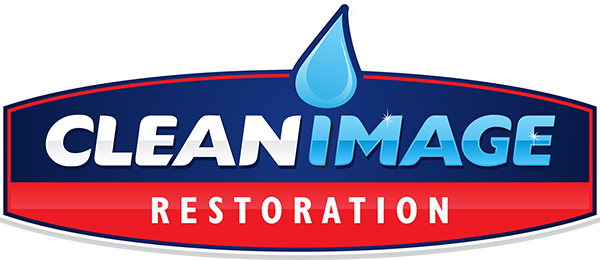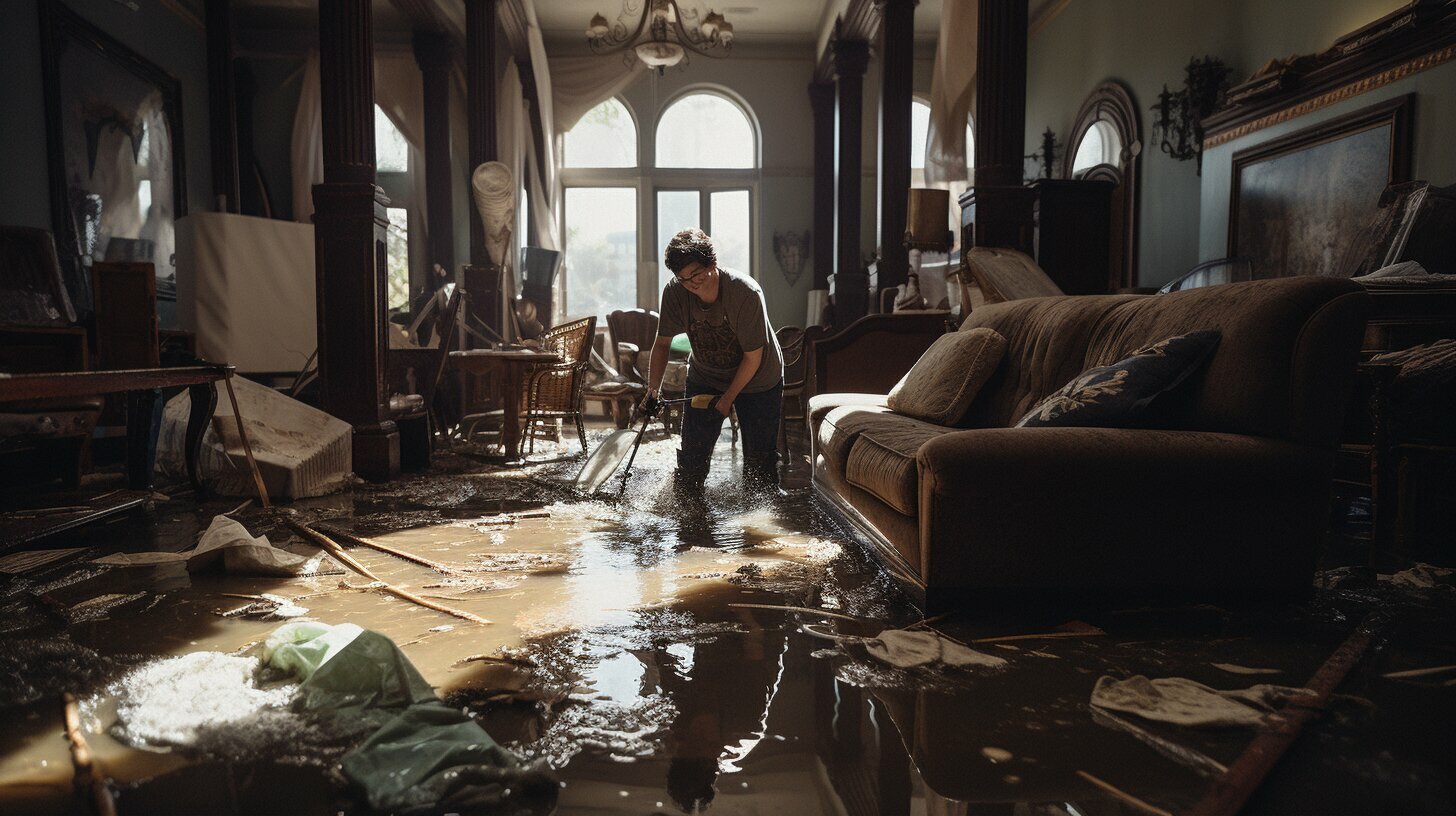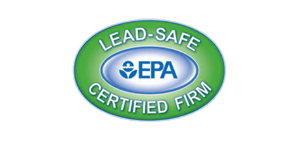Have you ever wondered what the first thing you should do is when you discover water backing up in your basement?
Basement flooding is a nightmare for homeowners, causing water damage and expensive repairs. When you face a sewer backup, acting fast is key to prevent more damage and protect your property. While some try DIY fixes like baking soda or a plunger, these aren’t always effective. Often, you’ll need a professional, especially for issues like tree roots or a clogged sewer line.
First, make sure you’re safe and find out where the water is coming from. Don’t use any household water to try to fix it, as it could make things worse.
Key Takeaways
- Identify the source of the basement flooding immediately.
- Avoid flushing or using water to prevent further sewer backup.
- Shut off your home’s water supply if feasible.
- Consider professional plumbing and restoration services for complex issues or severe blockages.
- Prioritize safety by turning off electricity and gas in flooded areas.
- Understand that standard homeowners insurance may not cover sewer backup costs.
Common Causes of Basement Water Backup
Basement water backup comes from many sources, each needing its own fix. Common causes include basement drainage issues like blockages in home appliances or main drain lines. These can get worse with plumbing problems and harsh weather.
Clogged drains are a big problem, especially with appliances like washing machines. Debris and sludge in old pipes, made worse by throwing things not meant for the toilet, can cause big blockages. Tree root sewer damage is another issue, happening when trees grow too close to sewer lines. Their roots can get into and harm these lines, which is hard to fix on your own.
Old pipes also play a big part; broken sewer pipes from rust can cut down water flow, leading to backups. Also, the ground settling over time can make the drainage system less effective. This is often seen in older homes where the ground has moved, affecting sewage flow.
Not using drains for a long time can also cause blockages and sewer gas problems. Keeping up with regular cleaning and checks is key to backup prevention. Doing this helps spot and fix these issues before they turn into bigger basement water problems.
- Avoid improper disposal of non-flushable items.
- Ensure regular cleaning and inspection of drainage systems.
- Monitor and address plumbing problems quickly.
- Consider the impact of large trees on nearby sewer lines to prevent tree root sewer damage.
Immediate Steps to Take When Water Backs Up in Basement
When water backs up in your basement, acting fast is key to reduce damage and keep everyone safe. Here are steps to follow:
- Stop Using Appliances and Toilets: Turn off all household appliances and stop flushing toilets to ease sewer pipe pressure.
- Shut Off the Main Water Supply: This step cuts off the water flow and gets your plumbing ready for checks and fixes.
- Assess the Situation Safely: Make sure there are no electrical dangers before you enter the basement. Always put your safety first.
- Contact an Emergency Restoration Company: A pro can find the problem fast and start fixing it. Don’t use chemicals or power tools that could make things worse.
- Begin Basic Clean-Up for Minimal Flooding: For small floods, use pumps and wet vacuums to drain the water. But for big floods, call a pro.
- Engage in Sewage Clean-Up Appropriately: If sewage is involved, you need experts to clean it up safely and make your space safe again.
Acting quickly helps prevent more damage and prepares you for fixing and cleaning up. Keeping your home safe during this time is crucial for a healthy living space and easier recovery.
How to Clean and Disinfect After a Basement Flood
After a flood, cleaning up safely is very important. You need to worry about harmful germs and gases from sewage. Following safety steps makes the cleanup safe and effective.
First, get rid of the standing water to stop more damage and keep things clean. Use wet-dry vacuums or absorbent materials for this. Throw away any trash and items damaged by water right away to prevent contamination.
Next, clean the area well with soap and water to remove dirt. Then, use a bleach solution to kill germs and harmful bacteria. This step is key to making the area safe again.
If your carpet got wet from sewage, it’s usually not safe to keep. You should have experts clean it or throw it away. Always wear gloves and masks to protect yourself from the dirty water.
Water from floods can spread serious diseases like Dysentery and Hepatitis A. So, it’s important to clean up carefully. Make sure to turn off all utilities before you start cleaning for your safety.
In short, keeping safe during a basement flood is crucial. It helps avoid health risks and makes the area safe again. Always follow safety rules when dealing with dirty water to stay healthy.
How to Prevent Future Basement Water Backups
To stop basement water backups from happening again, there are key steps to take. First, switch to strong plastic pipes to fix issues with old, weak ones. Keeping up with plumbing and drainage, and correctly getting rid of grease and oils, also helps prevent floods.
- Check and install backwater valves to stop sewage from coming back into your home. Make sure to inspect these valves often, especially after a backup or every three months.
- Place sump pumps on solid ground for the best flood defense. Keep these pumps clear of clutter to keep them working right.
Regular sewer line checks are also a must. This helps catch and clear any clogs before they cause backups. Fixing any illegal connections, like unauthorized sump pumps, is also key to avoid overloading the sewage system.
Choosing professional root removal services can stop roots from clogging your pipes. By following these steps, you can greatly lower the chance of basement water backups in the future.
Conclusion
Managing a basement water backup needs quick and long-term steps. First, turn off the water sources to stop more flooding. Trying to clean up alone can cause more pipe damage and increase health risks. So, getting professional help is key.
Knowing why basements flood, like clogged gutters or bad drainage, helps prevent future problems. Using home flood protection, like sump pumps and clean downspouts, can reduce the risk of flooding. But, these steps work best with help from plumbing experts.
Working with trusted companies like Clean Image Restoration gives homeowners the best solutions. These pros fix the damage and offer advice to prevent future issues. Following their advice helps protect your home from water damage and health risks, keeping your living space safe and dry.









